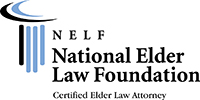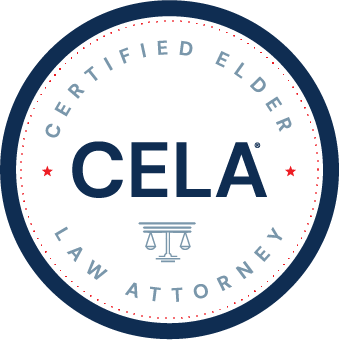Firm News
Income taxation of First Party Special Needs Trust. Why I do not believe Section 674(c) applies to First party Special Needs Trust.
A reversion is a power to reclaim possession or enjoyment of the trust property. If at the creation of the trust, the value of the reversion exceeds 5% of the value of the trust portion to which the reversion relates, the grantor is treated as the owner of that portion of the trust. To determine whether the value of the reversion exceeds the 5% threshold, the value of the reversion is compared to the value of the transferred property, including those interests not dependent upon surviving the grantor. The reversion test is met whether the grantor retained a reversion that is expressly stated in the document or occurs by operation of law.
Section 673 provides as follows:
“The grantor will be treated as the owner of a trust or any portion of the trust in which the grantor has a reversionary interest in either the corpus or the income there from, if, as of the creation of the trust (or such portion), the value of such interest exceeds 5% of the value of the trust (or such portion).”
For § 673 to apply there must be a reversionary interest to the grantor. Actuarial rules under § 2031 are used to value the reversion. For example: T creates a trust for 50 years for A. After 50 years, the trust then terminates and reverts to the grantor T. If the applicable § 7520 interest rate is 1.4% at the time the trust is created, the value of the reversion is 49.9%. Since the value of the reversionary interest exceeds 5%, T would be treated as the grantor under § 673.
Section 673(c) is a valuation subsection to the general rule stated in 673(a). In other words, 673(c) does not create an additional category of rules to make a trust a grantor trust, it is an instruction on how the reversionary interest must be valued.
673(c) Special Rule For Determining Value Of Reversionary Interest
“For purposes of subsection (a), the value of the grantor's reversionary interest shall be determined by assuming the maximum exercise of discretion in favor of the grantor”
For example, a grantor funds a discretionary trust for the benefit of his children to last for 20 years. At the expiration of the 20 year period, the trust fund is to revert to the grantor. In determining whether the trust is a grantor trust under 673(a), the value of the grantors reversionary interest at the inception of the trust needs to be determined by assuming the maximum exercise of discretion in favor of the grantor. This means that in determining the value of the grantor’s reversionary interest, 673 (c) requires an assumption that no distributions are made to the grantor’s children during the trust’s 20 year term
A well drafted first party snt trust will require the trustee to exercise maximum discretion in favor of the beneficiary. The trust document must also provide that the grantor (beneficiary) cannot compel the trustee to make any distributions to or for the benefit of the grantor (beneficiary). If the document provided otherwise, it would not be a valid first party snt. The exercise of maximum discretion for the benefit of the grantor (beneficiary) is not a reversionary interest as contemplated under § 673(a). If there is no reversionary interest as defined in § 673(a), § 673(c) does not apply. Section 673(c) does not impose grantor tax status to a discretionary trust where no reversionary interest exists in the first place.












